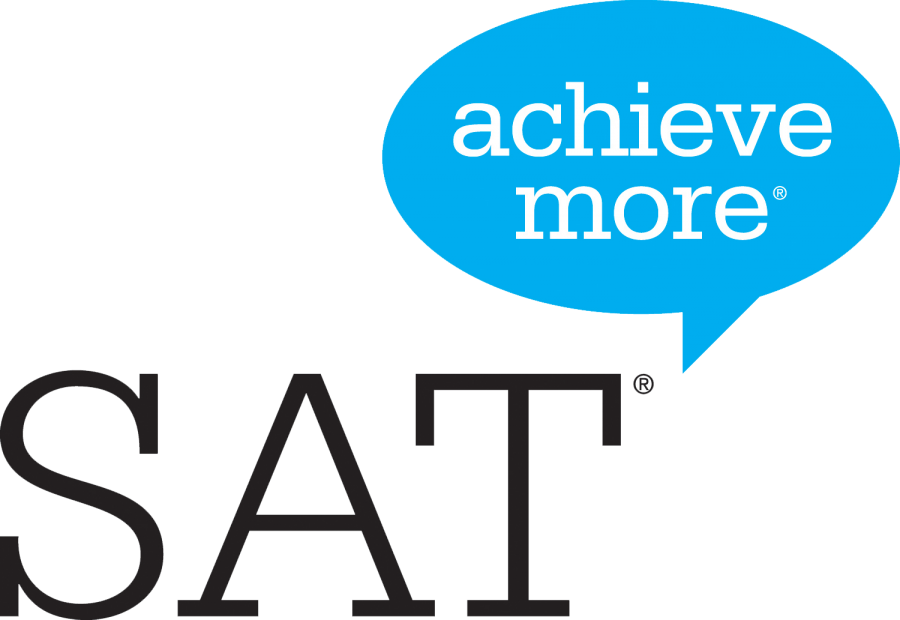By Elizabeth Grace ’15, Perspectives Section Editor
Though there has been much criticism on standardized tests such as the SAT and the ACT as a whole, the one aspect I find the most superfluous and inefficient is the essay.
The essays on these standardized tests are, as the name might suggest, subjected to standards. For the SAT and ACT, each essay receives a score from 2 to 12, with higher numbers corresponding to “better” essays. Covering the entire country, these standards ensure that each student’s writing endures the same scrutiny (within human error, of course). Seems fair enough. But is it efficient?
Another piece of the college application process is yet another essay, but this time not attached to any test. Sometimes, there are even multiple essays: personal essays along with supplements. If we already have to write at least one essay for the college application, and often more, what is the point of writing yet another essay colleges won’t even read?
The personal essays attached directly to college applications are evaluated individually by each college. Though they probably will not vary by much, each college’s standards are unique, and what might be an engaging, well-executed essay at one institution might be run-of-the-mill at another. In contrast, SAT and ACT graders give each student his or her scores regardless of the schools he or she is considering. In other words, the rubric is much more generalized. Students are not applying to the College Board or the ACT; we are applying to specific colleges that we took time to discover, research, and ultimately append to our lists. Therefore, it seems logical to use standards employed by the colleges we apply to, and not an outside organization that, though connected to colleges, cannot always be completely representative of each.
From a grading standpoint too it seems much more efficient to do away with the essays on the SAT and ACT. Though graders can zip through each essay at unimaginable speeds, it still takes much longer than feeding a bubble sheet through a machine and figuring out the number of right and wrong answers to multiple choice questions. Each essay may take next to no time at all, but over a million students throughout the United States take the SAT and ACT each year; that time adds up. So, even though colleges can see students’ writing themselves within their applications, and thus assess their skills, a vast amount of time is spent generating numbers to represent their writing ability.
As far as efficiency goes, therefore, the essays found in standardized tests seem a little redundant. As the college process can already be fairly grueling, even setting aside essays, efficiency should be one of the primary goals of students, colleges, and the College Board (and the ACT) alike. Although the ACT’s essay is optional and the SAT’s will become optional in the future, the majority of colleges in the United States still require prospective students to submit an essay score. But is it really necessary? I’d argue not.
Lewin, Tamar. “Testing, Testing.” The New York Times. The New York Times, 03 Aug. 2013. Web. 21 Aug. 2014. <http://www.nytimes.com/2013/08/04/education/edlife/more-students-are-taking-both-the-act-and-sat.html?pagewanted=all&_r=0>.
McGrath, Maggie. “College Board Making SAT Essay Section Optional, Providing Free Test Prep For Low Income Students.” Forbes. Forbes Magazine, 05 Mar. 2014. Web. 21 Aug. 2014. <http://www.forbes.com/sites/maggiemcgrath/2014/03/05/college-board-making-sat-essay-section-optional-providing-free-test-prep-for-low-income-students/>.




